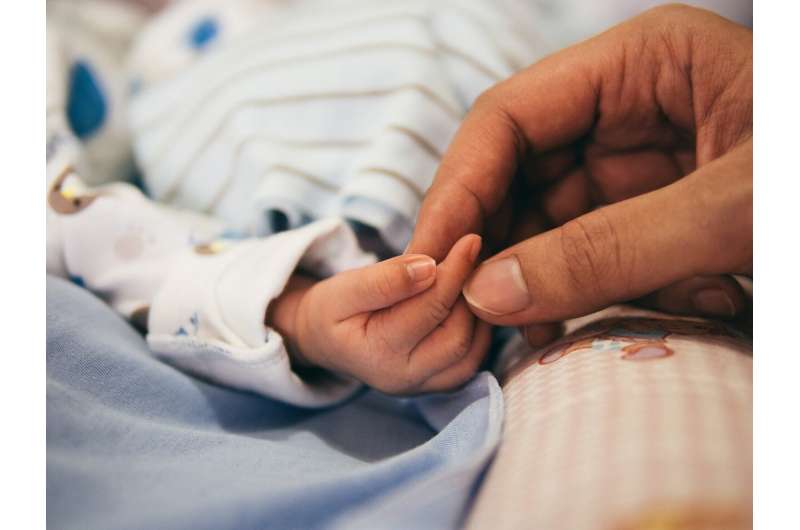Childhood Trauma and Its Unexpected Impact on Adolescent Heart Health and Substance Use

A recent study published in the Journal of Child Psychology and Psychiatry highlights the significant effects of childhood trauma on adolescents' behaviors and cardiovascular health. Led by researchers from the University of Bath and the University of São Paulo, the study analyzed data from the 2004 Pelotas Birth Cohort in Brazil, tracking over 4,000 children from birth until age 18. The findings reveal that more than 80% of these young individuals experienced at least one traumatic event, including accidents, abuse, domestic violence, or parental loss, with a quarter facing three or more traumatic experiences.
The research demonstrated that exposure to childhood trauma strongly correlates with increased risky behaviors such as alcohol misuse, smoking, and illicit drug use—accounting for a substantial proportion of these behaviors at age 18. For example, 37% of problematic alcohol consumption, 59% of smoking, and 28% of illicit drug use were linked to childhood trauma.
Unexpectedly, the study found that adolescents with higher trauma exposure exhibited lower heart rates and blood pressure levels, which contrasts with the typical association of childhood trauma with heightened cardiovascular risk. Experts suggest this may relate to mental health conditions like conduct disorder or antisocial behavior, which are known to be associated with lower resting heart rates.
Lead researcher Megan Bailey emphasized the importance of reducing childhood trauma to mitigate substance use risks and improve health outcomes. Co-author Professor Graeme Fairchild discussed the surprising cardiovascular findings, highlighting the need for further research into how trauma affects health across different stages of life.
The study underscores the importance of early intervention and community-based initiatives, like the Pelotas Pact for Peace, to address the root causes of violence and trauma. Addressing childhood trauma early on could be vital in decreasing future health issues, particularly in resource-limited settings such as middle-income countries like Brazil.
Source: https://medicalxpress.com/news/2025-04-childhood-trauma-linked-substance-unexpected.html
Stay Updated with Mia's Feed
Get the latest health & wellness insights delivered straight to your inbox.
Related Articles
Link Between Gut Microbiome Imbalance and Chronic Sickle Cell Pain
New research reveals that imbalance in the gut microbiome, particularly involving Akkermansia muciniphila, may drive chronic pain in sickle cell disease. Microbiome-based therapies could offer a promising and affordable treatment option.
Discovery of a Brain Receptor Mechanism Critical for Appetite and Weight Regulation
A groundbreaking study uncovers how MRAP2 influences the MC4R receptor, crucial for appetite regulation and weight control. This discovery opens new pathways for obesity treatment strategies.
Global Count of IVF Births Exceeds 13 Million
A new study estimates that over 13 million babies have been born worldwide through IVF since 1978, demonstrating the vital role of reproductive technology in modern family building and global health.
Essential Role of T-bet Protein in Sustaining Flu-Specific Memory B Cells
New research uncovers the vital role of T-bet in maintaining flu-specific memory B cells, essential for long-lasting immunity and rapid response to influenza infections.



